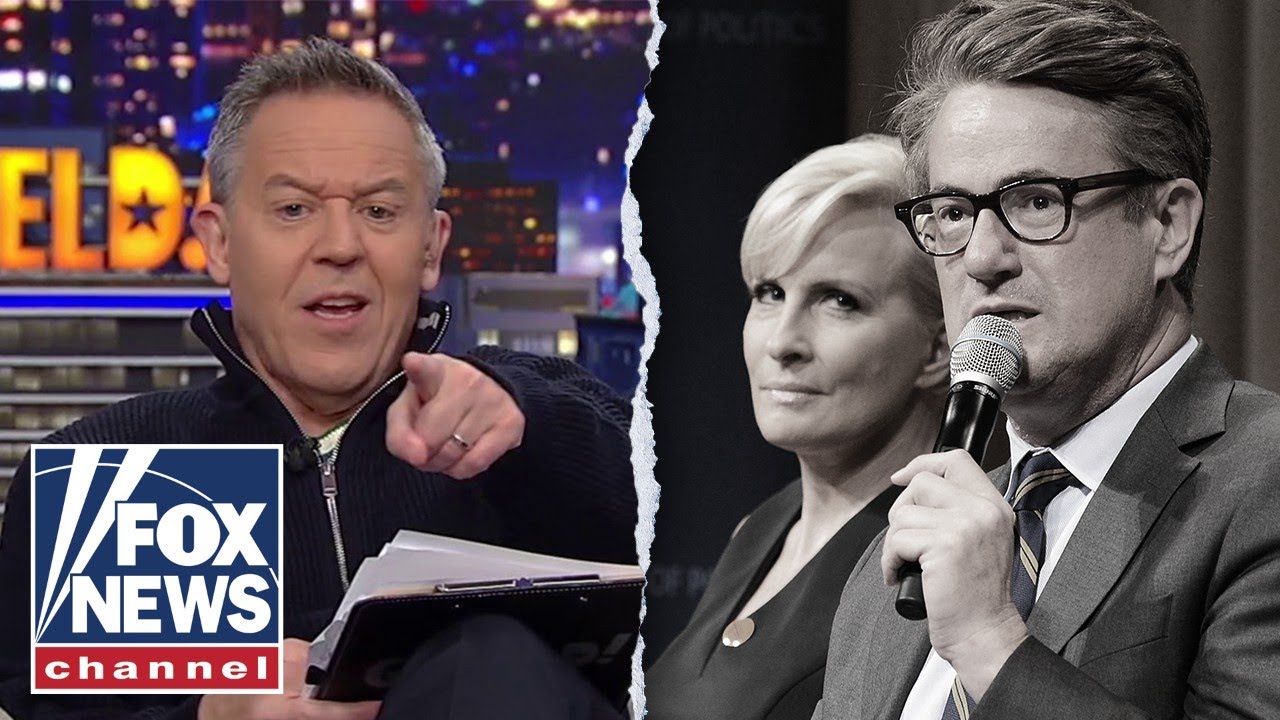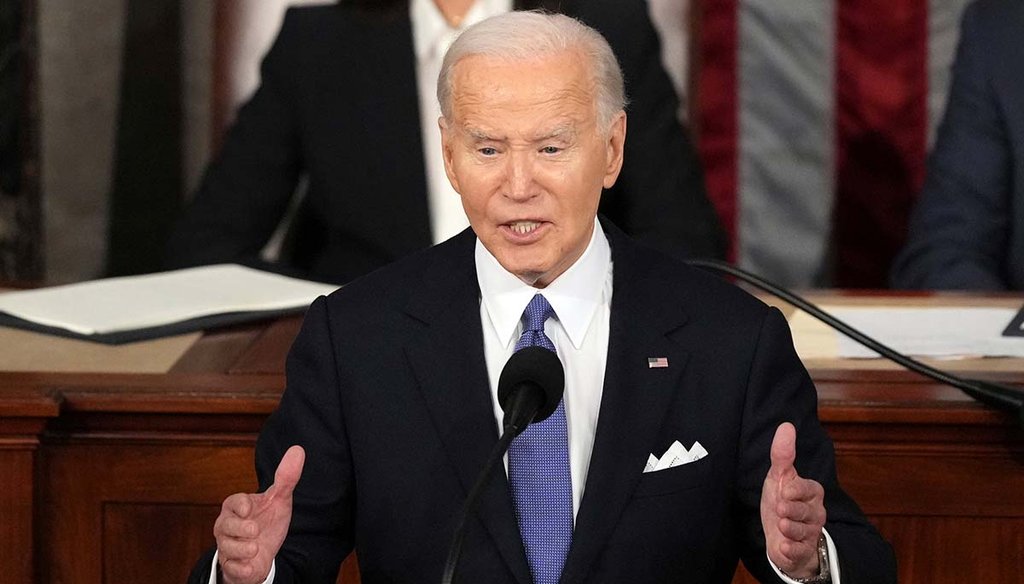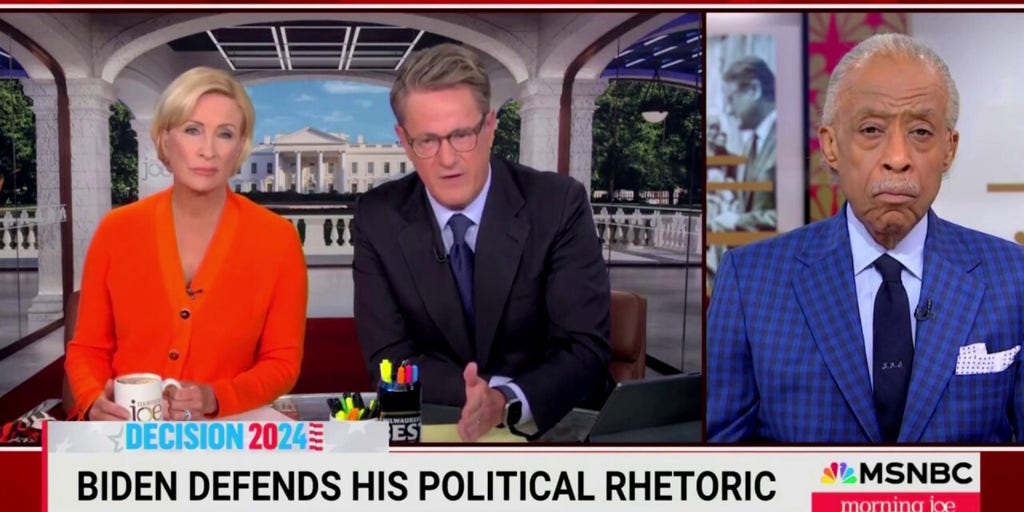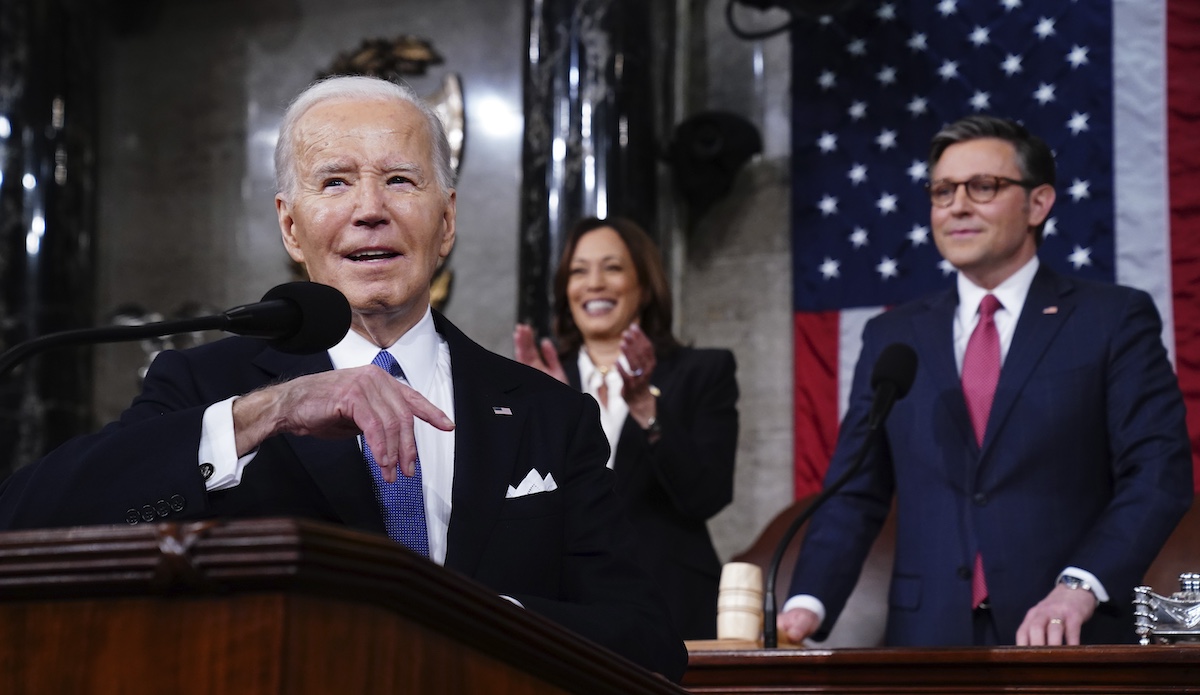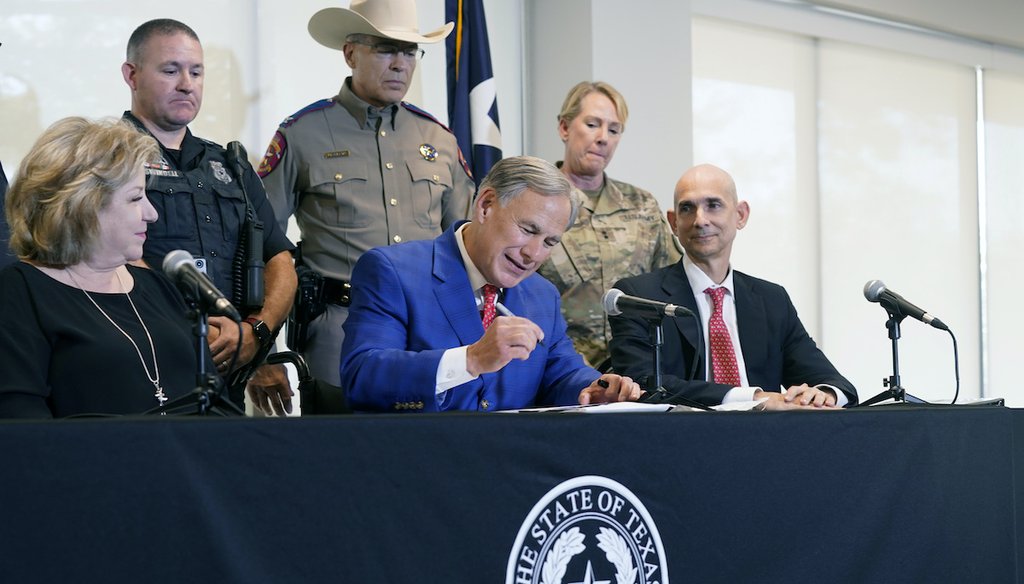You Have to Lie About Your Lies! Fox’s Greg Gutfeld Rakes Joe Scarborough Over the Coals for Biden Cover-Up
In a recent episode of Fox News’ Gutfeld!, host Greg Gutfeld took aim at MSNBC’s Joe Scarborough, delivering a sharp critique regarding Scarborough’s acknowledgment of President Joe Biden’s declining popularity. Gutfeld noted that Scarborough’s comments appeared to come at a time when Biden’s presidency was well past its prime, leading to accusations that the timing of his reflections was both strategic and disingenuous.
Scarborough’s Change of Heart and the Media Landscape
During his segment on Morning Joe, Scarborough discussed Biden’s performance ahead of the 2024 election. He pointed out how the media narratives from previous years shaped public perception regarding Biden’s effectiveness as a leader. Scarborough’s recollections included mention of Biden’s declining support in vital battleground states such as Minnesota and Virginia leading into the primary elections. He even hinted that Biden’s poor performance during debates was a critical moment for the president’s campaign, suggesting that these elements were overlooked earlier in the political discourse.
However, Gutfeld was quick to challenge Scarborough’s newfound candidness. He highlighted the inconsistency in Scarborough’s previous assertions, where he maintained that Biden was performing effectively. Gutfeld argued that this retrospective acknowledgment seemed convenient, essentially accusing Scarborough of tailoring his narrative to suit the current political climate rather than providing an honest assessment from the start. Gutfeld’s sharp nature drew attention to how the media often behaves in the complex landscape of political reporting, where narratives can shift dramatically based on public sentiment.
The Politics of Media Narratives
Gutfeld also framed Scarborough’s behavior as indicative of a broader trend within certain media circles. He posited that Scarborough’s earlier support for Biden was influenced by a desire to maintain a strong Democratic front in the face of rising Republican threats, particularly from Donald Trump. By not being upfront about Biden’s challenges sooner, Gutfeld contended, Scarborough effectively hindered the party’s ability to consider alternative candidates who might have rejuvenated their chances in the upcoming election.
This exchange raises critical questions about the role of media personalities in shaping political narratives. Gutfeld’s contention is that the interplay between media reporting and political allegiance often complicates genuine analysis, leading to a landscape where public figures may prioritize narrative management over truthful reflection. Critics of the mainstream media have long pointed to instances like these as examples of bias or self-serving reporting, ultimately hindering informed voter decision-making.
Gutfeld’s Broader Critique of Media Bias
In closing, Gutfeld didn’t just target Scarborough; his commentary served as a broader critique of what he perceives as media bias in political coverage. By stating that Scarborough had to “lie about his lies,” Gutfeld underscored the notion that many media figures may prioritize party loyalty over an honest appraisal of political realities. He suggested that more transparency about Biden’s difficulties could have prompted the Democratic Party to consider fresh faces for the 2024 election, potentially altering the current trajectory of their campaign.
As viewers digest these competing narratives, it becomes clearer that media figures hold significant influence over public perception. Gutfeld’s critique may resonate with those who question the motivations behind media commentary, prompting a call for greater accountability and honesty, especially as the election season approaches. In an era where truth can seem malleable, audiences are left to scrutinize the narratives presented to them—challenging the integrity of both the messages and their messengers.
For those looking to stay informed on the evolving political landscape, it’s essential to consider a variety of sources and narratives. Engaging with diverse viewpoints can help paint a more comprehensive picture of the issues at hand, especially in a time when the stakes have never been higher.

